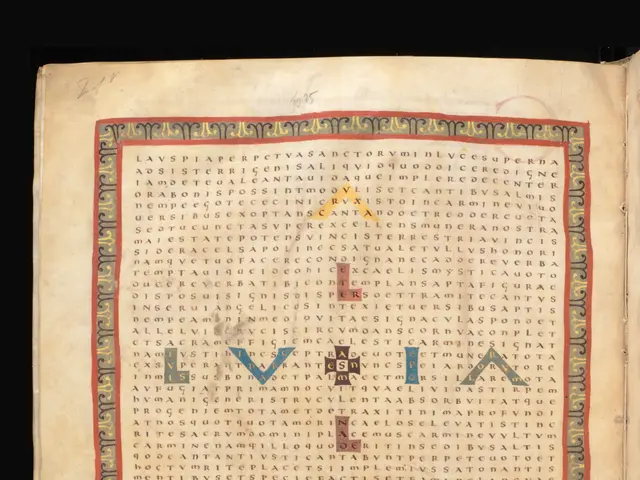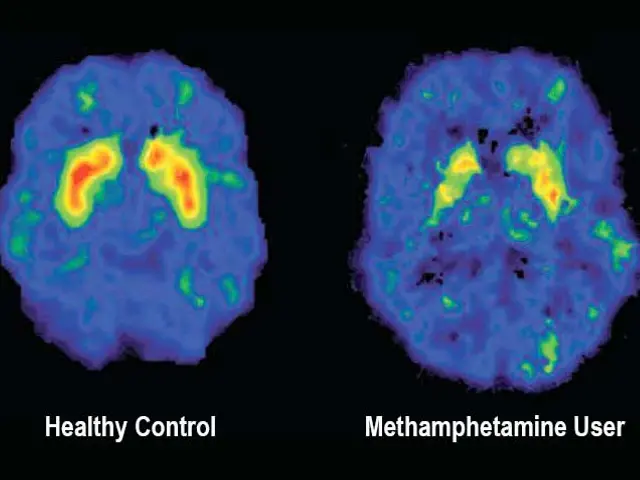Unleashing Immunotherapy's Potential: The Role of Persistent Mutations
Predicting Immunotherapy Responses: New Strategies for Anticipating Treatment Outcomes
In the ever-evolving battle against cancer, immunotherapy is fast becoming a formidable weapon. This groundbreaking treatment harnesses the body's powerful immune system to fight disease. But not everyone and every cancer type can benefit equally. Researchers from Johns Hopkins University might have hit the jackpot with their latest discovery, identifying a specific group of mutations in cancer tumors that could indicate a tumor's propensity to respond positively to immunotherapy.
Immunotherapy, in layman's terms, is a strategy that boosts the immune system's ability to seek and destroy cancer cells. Traditionally, cancer cells hide from the immune system due to mutations that render them invisible. Immunotherapy provides the immune system with the necessary boost to spot and obliterate these hidden enemies. There are various types of immunotherapy available, including checkpoint inhibitors and cancer vaccines.
Currently, immunotherapy serves as a treatment option for several types of cancer such as breast cancer, melanoma, leukemia, and non-small cell lung cancer. Researchers are eagerly exploring its potential for other types of cancer like prostate, brain, and ovarian cancer.
Now, the team at Johns Hopkins has focused on a key factor: tumor mutations. Tumor mutation burden, or TMB, which is the total number of changes in the genetic material of cancer cells, is currently used to assess a tumor's potential response to immunotherapy. The researchers, however, have uncovered a specific subset of mutations dubbed "persistent mutations" that are less likely to disappear as the cancer evolves. This keeps the tumor in sight of the immune system and improves the tumor's response to immunotherapy.
"Persistent mutations are always there in cancer cells and these mutations can render the cancer cells continuously visible to the immune system," explains Dr. Valsamo Anagnostou, a senior author of the study and an associate professor of oncology at Johns Hopkins. "This response is amplified in the context of immune checkpoint blockade and the immune system continues to eliminate cancer cells harboring these persistent mutations over time, resulting in sustained immunologic tumor control and long survival."
The researchers believe their findings can help doctors determine who would benefit most from immunotherapy and predict outcomes better. Their study was recently published in the journal Nature Medicine.
When asked about the potential future implications, Dr. Kim Margolin, a medical oncologist, highlighted, "Ultimately, what starts out as mere prognostic indicators may be pushed to the point of becoming predictive factors that can interact with therapy and disease."
In essence, the study's findings could reshape the way doctors select patients for immunotherapy, revolutionizing the way we approach cancer treatment.
- The discovery made by researchers at Johns Hopkins University suggests that a specific group of mutations, known as persistent mutations, may make cancer cells more visible to the immune system, potentially enhancing the effectiveness of immunotherapy for certain medical conditions like cancer.
- Scientists are now focusing on persistent mutations within tumor cells as a crucial factor in determining a cancer patient's response to immunotherapy, as these mutations are less likely to disappear and keep the tumor detectable by the immune system.
- The understanding of persistent mutations in cancer cells could revolutionize health and wellness by enabling doctors to make more informed decisions about which patients will benefit most from immunotherapy, leading to improved treatment outcomes for various types of cancer such as breast cancer, melanoma, and non-small cell lung cancer.




